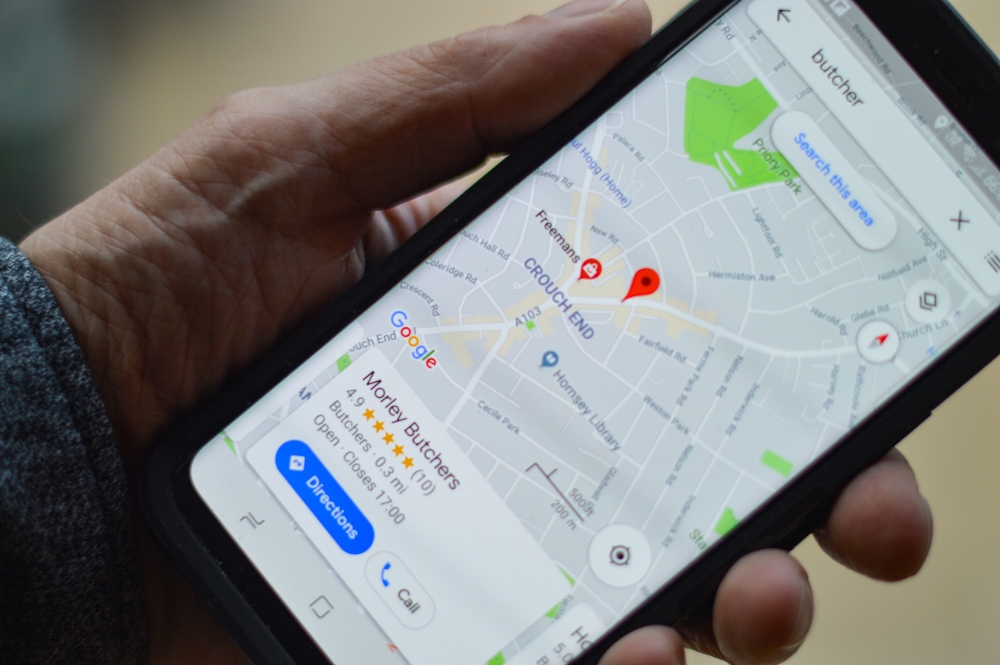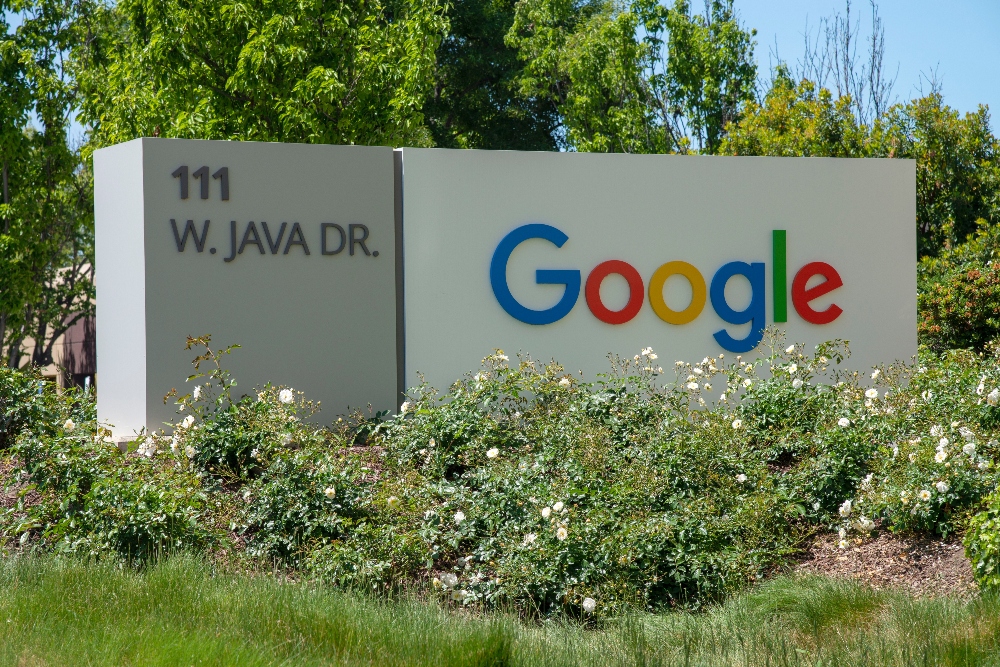Google is no stranger to artificial intelligence, especially when it comes to chatbots in Google Meetings or as a hold feature on their Pixel products. At Google’s I/O developer conference, the search giant divulged a multitude of ways they are looking to utilize AI in the future. The advancements in AI reveal just how powerful these tools are in being able to perceive human behavior online.
The 2 main topics from the announcements were evolving search and natural language processing. Language model for dialogue applications (LaMDA) allows the AI systems to have conversation-style dialogue, while the Multitask Unified Model (MUM) has the ability to better understand human questions in order to provide more relevant answers in search. Lastly, Google will improve AI within Maps to yield improved directions.
During the event, the Google team provided demos of these tools. LaMDA shows a more natural conversation between itself, chatting as two forms within one AI chatbot system. Typically, chatbots get confused at stark changes in conversation, but this one provided a more natural flow. In addition, Google is looking to improve their “personality” per say, making AI bots more interesting and quick-witted.
On the other hand, MUM is an AI-powered tool for the purpose of simplifying the search. This system, by design, should understand comparisons in an inquiry and give the best answer. Overall, this should reduce the number of questions a person asks within a search. The tool is also designed to be able to provide product recommendations related to your question (weaving advertisements in it, of course!). Compared to BERT, the natural language model from 2018, MUM is 1000x more powerful and spans a larger neural network.

For Maps, big changes are coming in 2021 and beyond. Streets will appear more accurate, including sidewalks, crosswalks, and pedestrian islands, as well as adding details for more than 50 cities. Your results will be based on different times zones and places as your location search specifies, and the app will consider safety as a factor as well.
By enhancing AI, the technology we deal with on a daily basis, such as phones and computers, will take on more day-to-day responsibility of sweating the hard stuff. For example, instead of having to reword a question or search multiple queries, the machine can make sense of it. Instead of the burden of deciding safer routes be on the user, Maps by Google can make these calculations itself.
The fact that artificial intelligence can improve so quickly over a small period of time goes to show the capacity limits are far from being reached. Google will continue to push the limits of tech and AI in order to improve our everyday lives, but we have to ask, when will it become harmful as if it hasn’t already? There is and could be further built-in bias, worsening climate change through carbon footprint, and the robot-take-over of jobs. For now, we can enjoy the new era of rapidly improving tech, especially in the search space, as long as we keep its shortcomings front of mind.

Emily Drewry is a Staff Writer at The American Genius where she has also been a Web Producer. She holds two Business degrees in Digital Marketing & Advertising as well as Sales Management. She resides in the sunny Orlando, FL and embodies the heart of hospitality. When not working on web projects, she's probably at a theme park or thrifting her next trendy piece, iced coffee in hand.










































